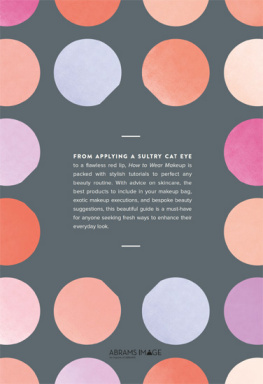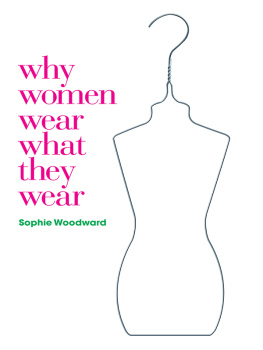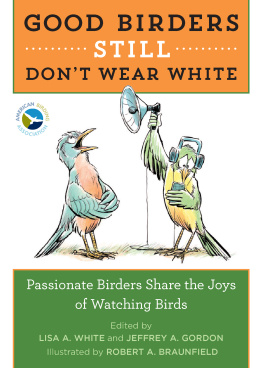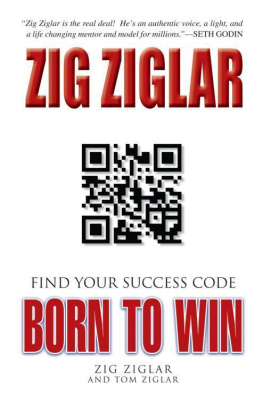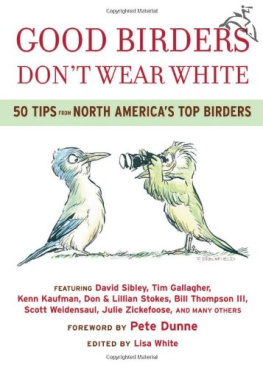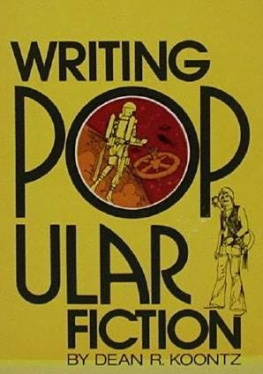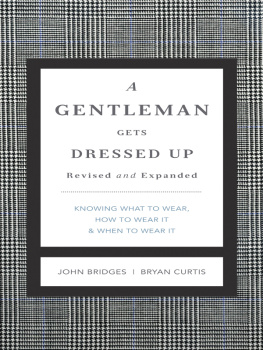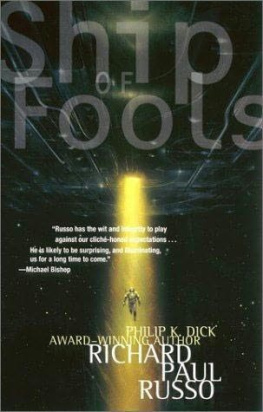Richard A. Passwater - Supernutrition
Here you can read online Richard A. Passwater - Supernutrition full text of the book (entire story) in english for free. Download pdf and epub, get meaning, cover and reviews about this ebook. year: 1975, publisher: Doubleday, genre: Romance novel. Description of the work, (preface) as well as reviews are available. Best literature library LitArk.com created for fans of good reading and offers a wide selection of genres:
Romance novel
Science fiction
Adventure
Detective
Science
History
Home and family
Prose
Art
Politics
Computer
Non-fiction
Religion
Business
Children
Humor
Choose a favorite category and find really read worthwhile books. Enjoy immersion in the world of imagination, feel the emotions of the characters or learn something new for yourself, make an fascinating discovery.

- Book:Supernutrition
- Author:
- Publisher:Doubleday
- Genre:
- Year:1975
- Rating:4 / 5
- Favourites:Add to favourites
- Your mark:
- 80
- 1
- 2
- 3
- 4
- 5
Supernutrition: summary, description and annotation
We offer to read an annotation, description, summary or preface (depends on what the author of the book "Supernutrition" wrote himself). If you haven't found the necessary information about the book — write in the comments, we will try to find it.
Supernutrition — read online for free the complete book (whole text) full work
Below is the text of the book, divided by pages. System saving the place of the last page read, allows you to conveniently read the book "Supernutrition" online for free, without having to search again every time where you left off. Put a bookmark, and you can go to the page where you finished reading at any time.
Font size:
Interval:
Bookmark:
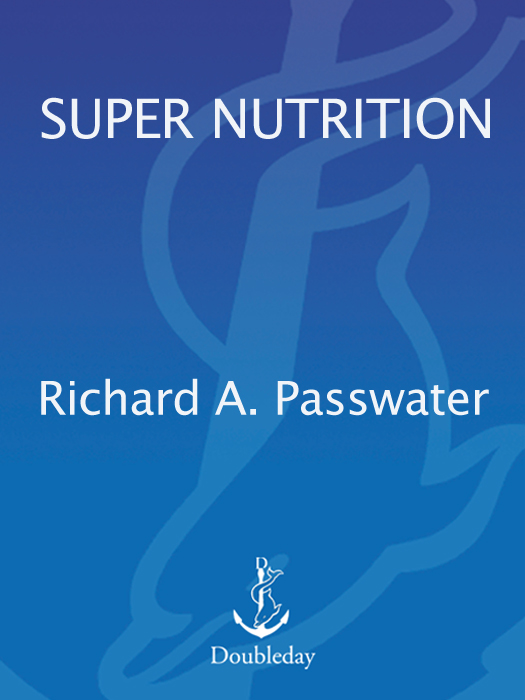
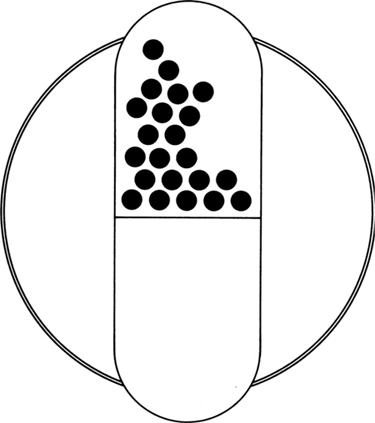

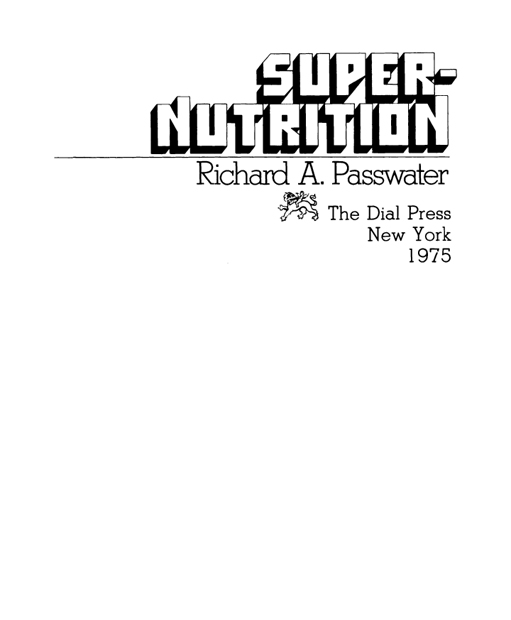
Copyright 1975 by Richard A. Passwater
All rights reserved
No part of this book may be reproduced in any form or by any means without the prior written permission of the Publisher, excepting brief quotes used in connection with reviews written specifically for inclusion in a magazine or newspaper.
eISBN: 978-0-307-83165-1
Library of Congress Catalog Card Number: 75-21878
v3.1
To My Wife
BARBARA
This book, as my life, is
dedicated to you

I am indebted to Dr. Hans J. Kugler, author of Slowing Down the Aging Process, for suggesting that I should write this book on nutrition. Dr. Kuglers argument that I could help more people with this book than I could by gerontological research alone overcame my earlier protests to the interruption in my research. This book reports on the work of many brilliant researchers as well as results from my own research. Therefore, I am indebted to the many discussions, suggestions, reviews, and reports from Dr. Dick Ahrens, Dr. Keith Brewer, Dr. Ray Chen, Dr. E. Cheraskin, Dr. Colin Chignell, Dr. Bill Driscoll, Dr. Doug Frost, Dr. Denham Harman, Dr. Abram Hoffer, Dr. Fred Klenner, Dr. Lionel Leong, Dr. Orville Levander, Dr. Dan Nebert, Dr. Kurt Oster, Dr. Linus Pauling, Dr. Ed Pinckney, Dr. Winfrid Shute, Dr. Evan Shute, Dr. Irwin Stone, Dr. Hans Weber, and Dr. Roger Williams.
I would also like to recognize the special help by those who tested the methods, specifically tested other details, and allowed me to draw upon their experience, with special thanks to George Allen, Lee Fryer, Ken Halaby, Sonny Jurgensen, Mort Katz, Cheryll Kloak, Pat McGrady, Jr., Fred Scott, Ron Sell, Harald Taub, and Helena Tuttle.

Some physicians may be offended by this book on nutrition written by a nonphysician. The subject of food and food supplementation is highly controversial, and anyone who is confused about diet is told to consult a physician. Doctors are proud to be considered fountainheads of nutritional information. Unfortunately, as one AMA oficial pointed out in the MarchApril 1974 issue of Nutrition Today, physicians do not generally know very much about the subject. Most medical schools do not teach nutrition as a separate subject, although bits and pieces of dietary information are presented in various courses of the medical curriculum. Physicians should not be surprised if, reading this book, they learn a lot of things not covered in medical school.
Physicians may be offended by this book because Passwater advocates the medically supervised taking of supplemental vitamins. Medical students are told that the giving of vitamins in a modern society serves only to provide a placebo effect, since diseases like rickets, beriberi, scurvy, pernicious anemia, and other hypovitaminoses rarely occur now, and are the only possible indications for vitamin administration. The basis of this attitude is what I would call the two state theory of healtheither you are sick, or you are well. That is, if the patient does not have beriberi, there is no need to give thiamine.
The two state theory of health is encouraged by formal medical education, which stresses diagnosable diseases and their treatment. Doctors love to have patients with clear-cut diseases. But if the chief complaint consists of vague symptoms of depression, lack of energy, and strange aches and pains, the average physician begins to get a little annoyed. If the laboratory-test results are all normal, the patient is likely to be labeled a hypochondriac. The thinking in such cases is often: since there is no evidence that the patient is sick, he must be well.
The two state theory runs counter to common sense; health has many gradations, not just two. It seems obvious that the human organism is so complex that different systems could be functioning suboptimally without frank evidence of illness. There are great variations in the way we feel on different days, and there are great differences in the amount of energy that people possess. Passwater, in this book, states that vitamins and other dietary nutrients may be crucial in accounting for these differences.
In 1970, Linus Pauling shocked the world by publicizing evidence that vitamin C prevented and cured illnesses other than scurvy. He pointed out that the effect on the common cold appeared to demand a daily intake of upward of 1 gram of vitamin Can amount much higher than that recommended by the established authorities. Controversy continues to swirl about Dr. Pauling and his ideas in spite of the fact that all the double-blind studies made to test his observations have supported him.
The significance of the Pauling incident reaches far beyond the controversy over vitamin C. For one thing, since the traditional teaching that vitamin C supplementation is ineffective turned out to be questionable, similar assumptions about other vitamins might also be incorrect. Additionally, the two state theory of health is undermined as follows: a person with low vitamin C intake may be said to be in poorer health than another who is more disease-resistant by virtue of an optimum vitamin C intake. Both persons would feel well, yet one person is clearly more well. Finally, the vitamin C experience shows that vitamins may have more than one action, and amounts in excess of the recommended daily allowance (RDA) may indeed be beneficial.
Passwater relies heavily on the lessons learned from the vitamin C story; in fact, he goes beyond Pauling in one respect: Pauling theorized that the human body evolved in response to environmental conditions, and a desirable vitamin intake should probably resemble what is ingested by apes and other primates in nature. According to this evolutionary argument, Pauling found that modern man is most likely to be deficient in vitamin C. Passwater points out that man no longer lives in his natural environment, and his body now has to cope with a variety of unnatural factors like carcinogens and other chemical pollutants. Thus, he argues, man may benefit from unnaturally large supplements of vitamins and nutrients, especially antioxidants like vitamins E and C.
Passwater marshals much new scientific evidence to support his ideasfew people know the world literature on this subject as well as he. His book will make fascinating reading for physicians and laymen interested in the latest ideas in nutrition.
Raymond F. Chen, M.D., Ph.D.
Research Biochemist
Bethesda, Maryland

More and more of my fellow researchers are discovering the role of nutrition, especially supernutrition, in preventing the dread diseases of our time. One of the most persuasive writers who has brought this connection to light is the biochemist Richard A. Passwater.
Font size:
Interval:
Bookmark:
Similar books «Supernutrition»
Look at similar books to Supernutrition. We have selected literature similar in name and meaning in the hope of providing readers with more options to find new, interesting, not yet read works.
Discussion, reviews of the book Supernutrition and just readers' own opinions. Leave your comments, write what you think about the work, its meaning or the main characters. Specify what exactly you liked and what you didn't like, and why you think so.

